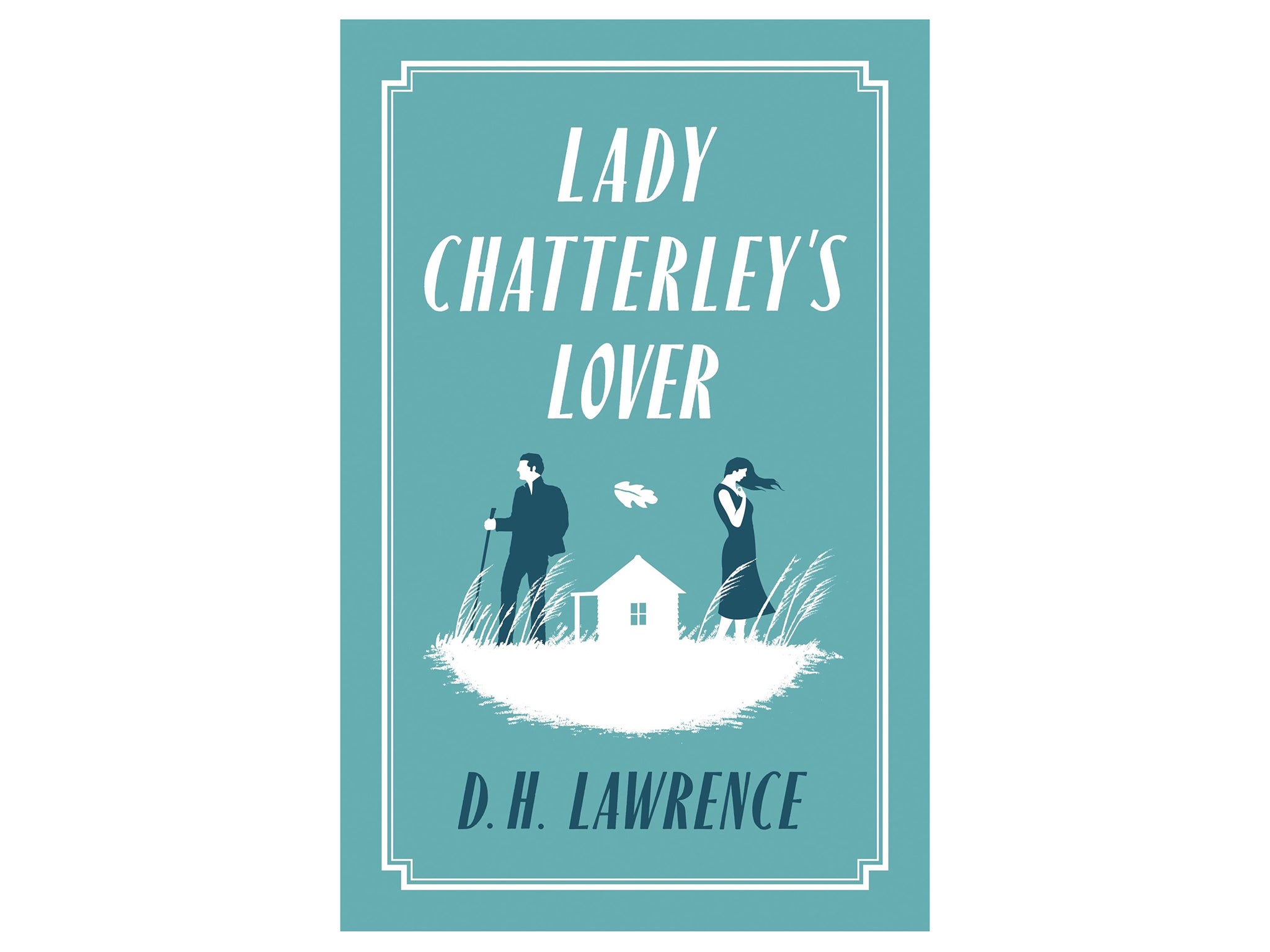
The Independent's journalism is supported by our readers. When you purchase through links on our site, we may earn commission. Why trust us?
As Emma Corrin is set to star in ‘Lady Chatterley’s Lover’, read these other previously banned books
A new film adaptation of the censored novel will star the Golden Globe-winning actor
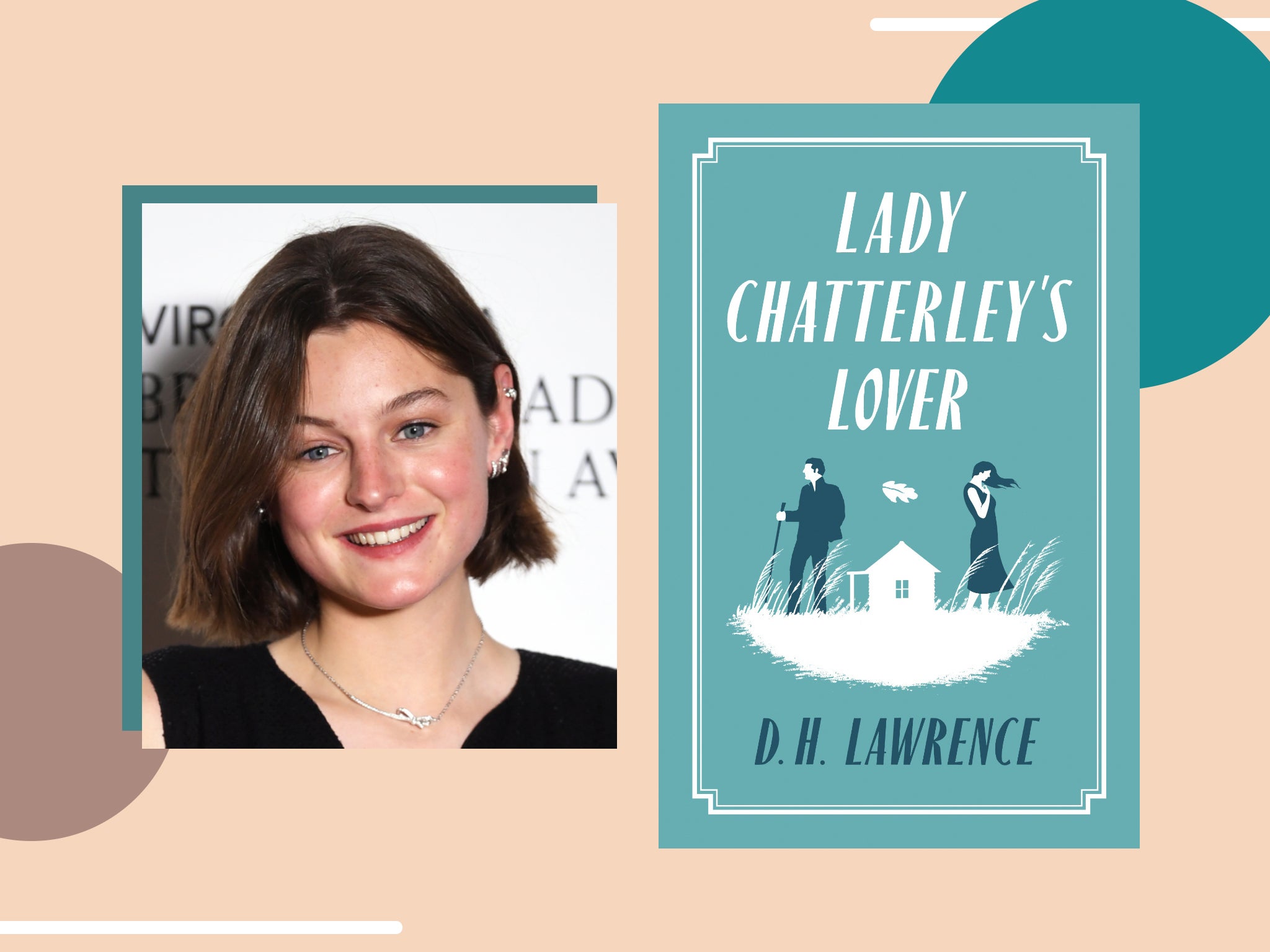
Emma Corrin, who recently won a Golden Globe for her portrayal of Diana in The Crown, is set to star in a film adaptation of Lady Chatterley’s Lover.
The 1923 novel by DH Lawrence caused controversy in Britain in the Sixties when Penguin Books attempted to publish it. The titular character, a wealthy and privileged woman, embarks on an affair with her gamekeeper.
There have been a number of screen adaptations, including two BBC series – one from 2015 with Richard Madden and Holliday Grainger, and an earlier 1993 series that starred Sean Bean and Joey Richardson. The latest motion picture adaptation will be directed by Laure de Clermont-Tonnerre and penned by screenwriter David Magee.
Owing to the sexual explicitness of the book, a seminal obscenity trial attempted to stop its publication. However, on 2 November 1960, the verdict declared the book not obscene, allowing it to be freely published. It was an important turning point that saw publishing become more liberal.
It also encouraged open discussion of sexual behaviours and shifted views on homosexuality and abortion, as well as divorce.
Read more:
Sixty years on, it still remains a symbol of freedom of expression, yet Lady Chatterley’s Lover is not alone in having been censored in this way.
Many other novels throughout history similarly faced backlash, and have been banned and burned, with reasons ranging from sexual references and explicit violence to content that criticised the government.
Whatever the rationale, arcane laws have often meant that some of the most eloquent storytellers of their times were silenced.
Following the news that Corrin will star as Marion in the film adaptation of Lady Chatterley’s Lover, we’ve rounded up the novels that you probably didn’t know were also censored, including DH Lawrence’s seminal piece, so you can read it ahead of watching.
Allow these titles to transport you and to evoke whatever emotions arise, because that, after all, is the joy of a great story.
You can trust our independent round-ups. We may earn commission from some of the retailers, but we never allow this to influence selections. This revenue helps us to fund journalism across The Independent.
‘Lady Chatterley’s Lover’ by DH Lawrence, published by Penguin

Based on an erotically charged affair between an upper-class woman and her earthy gamekeeper, Lawrence’s classic novel is a powerful portrayal of social class, sexual desire and gender politics. As one of the most infamous books in British literature, its reputation is frequently in danger of overshadowing its considerable merits. Banned in the UK on grounds of obscenity for more than 30 years, it was finally granted publication rights in 1968 after Penguin won a landmark court case.
‘Ulysses’ by James Joyce, published by Penguin
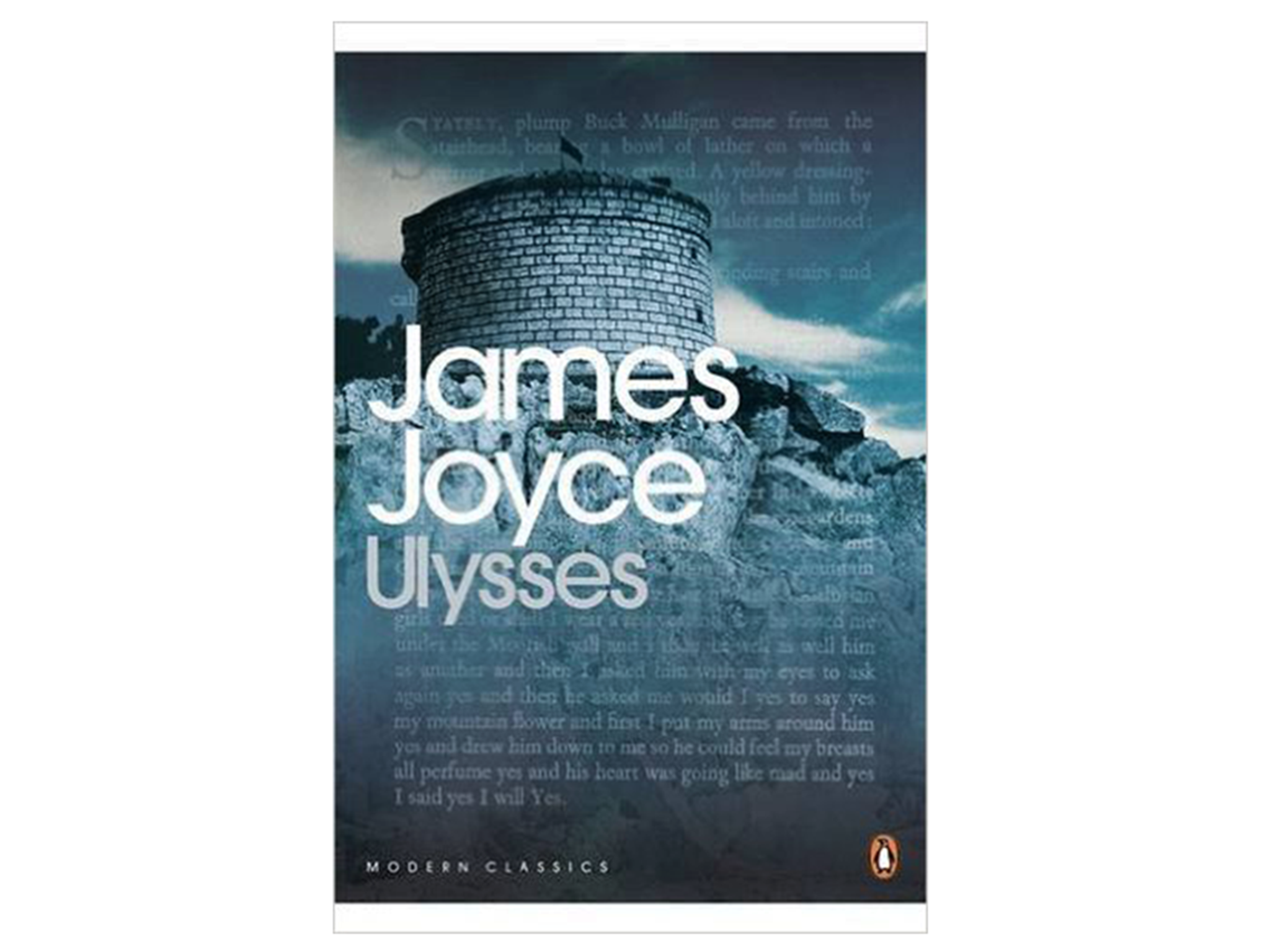
Ostensibly a modern reworking of The Odyssey, this is a landmark novel that follows ordinary people living in Dublin in 1904 by capturing a single day in the life of a struggling artist, Leopold Bloom, and those around him. Utilising experimental literary techniques – from monologues to wordplay and humour – every chapter introduces a new perspective, voices and characters. It’s a structural triumph that’s deserving of a broad audience.
Joyce’s Modernist classic was subjected to ire prior to its full publication – it was burned in serialised form in the US in 1918 and burned as a published manuscript in England in 1923. Owing to its explicit sexuality and graphic depictions of bodily functions, Ulysses was subsequently banned from being published in the UK until 1936, two years after Random House sought, and won, the right to publish in the US.
‘The Well of Loneliness’ by Radclyffe Hall, published by Penguin
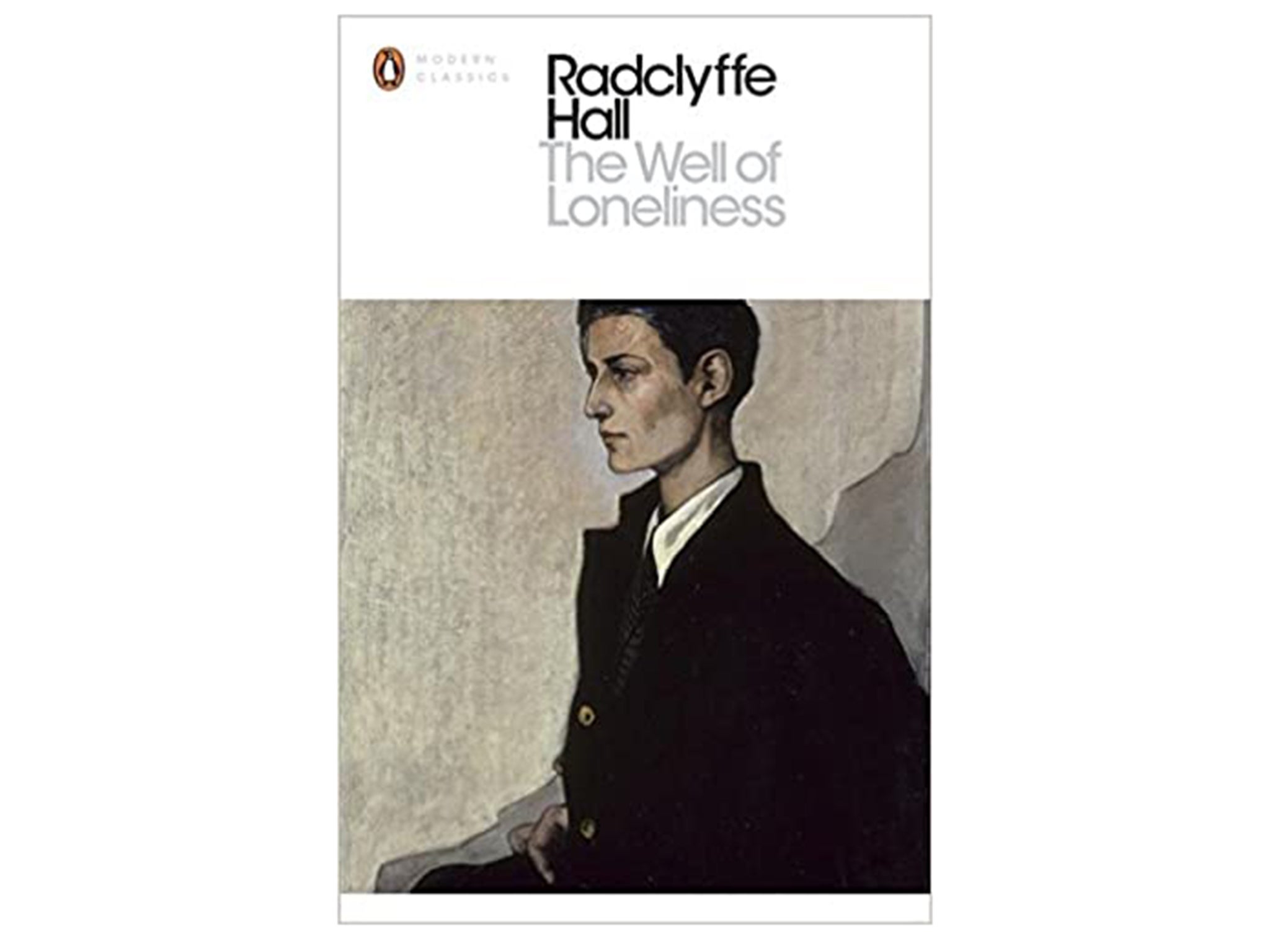
A landmark lesbian novel that tells the story of Stephen Gordon, the female protagonist given a male name at birth by her parents who were expecting a boy. Gordon hates being a girl, and everything to do with being a girl, and particularly more so when she discovers she loves women. The book raises important questions about gender, sexuality and belonging in its broadest sense. At its core, it probes issues of loneliness and alienation as it explores the homophobic rhetoric that permeated society in the early 20th century. The Well of Loneliness prompted obscenity trials in both the UK and the US after it was published in 1928, causing it to be banned until 1949. While it triggered widespread debates on homosexuality, it became an international bestseller, and for decades was the most famous lesbian novel.
‘Despised and Rejected’ by Rose Allatini, published by Persephone Books Ltd
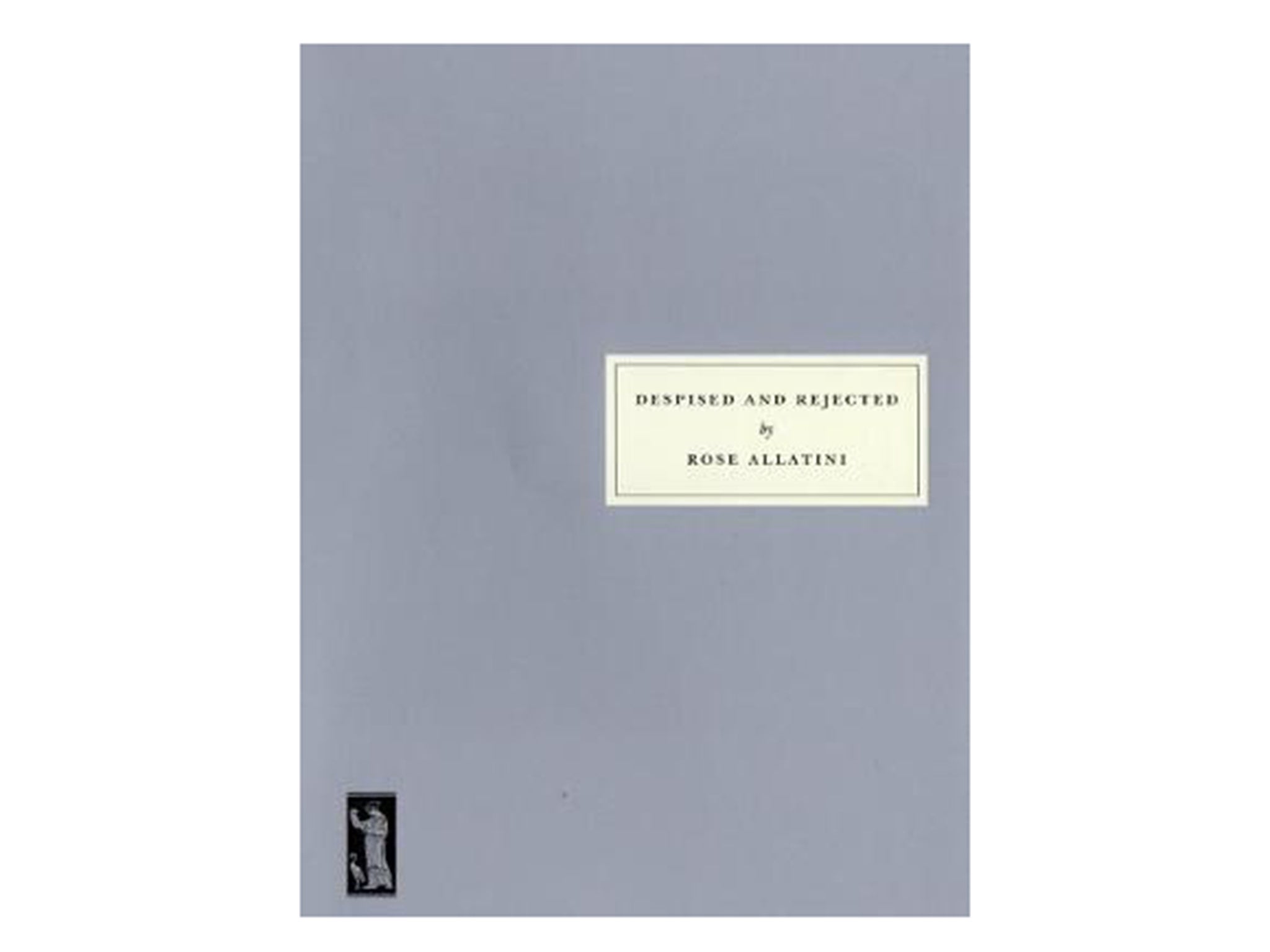
Initially published under the pseudonym of AT Fitzroy, Despised and Rejected draws on themes of opposition to war, acceptance of homosexuality, love, desire, tolerance of others and exploration of gender identity. It’s a highly immersive read that tells the story of a young woman’s complex relationship with a gay composer who is conscripted for military service, but his refusal leads to imprisonment. Exposing love and anguish, above all it demonstrates the need for equality and understanding, as well as peace – both individually and more widely.
It was banned shortly after publication for depicting male homosexuality in a sympathetic light, and for breaking the UK’s Defence of the Realm Act, as it criticized Britain’s involvement in World War One. A lengthly 100 years after its publication, it was brought back by Persephone books and re-iussed under the author’s real name.
'Lolita’ by Vladimir Nabokov, published by Penguin
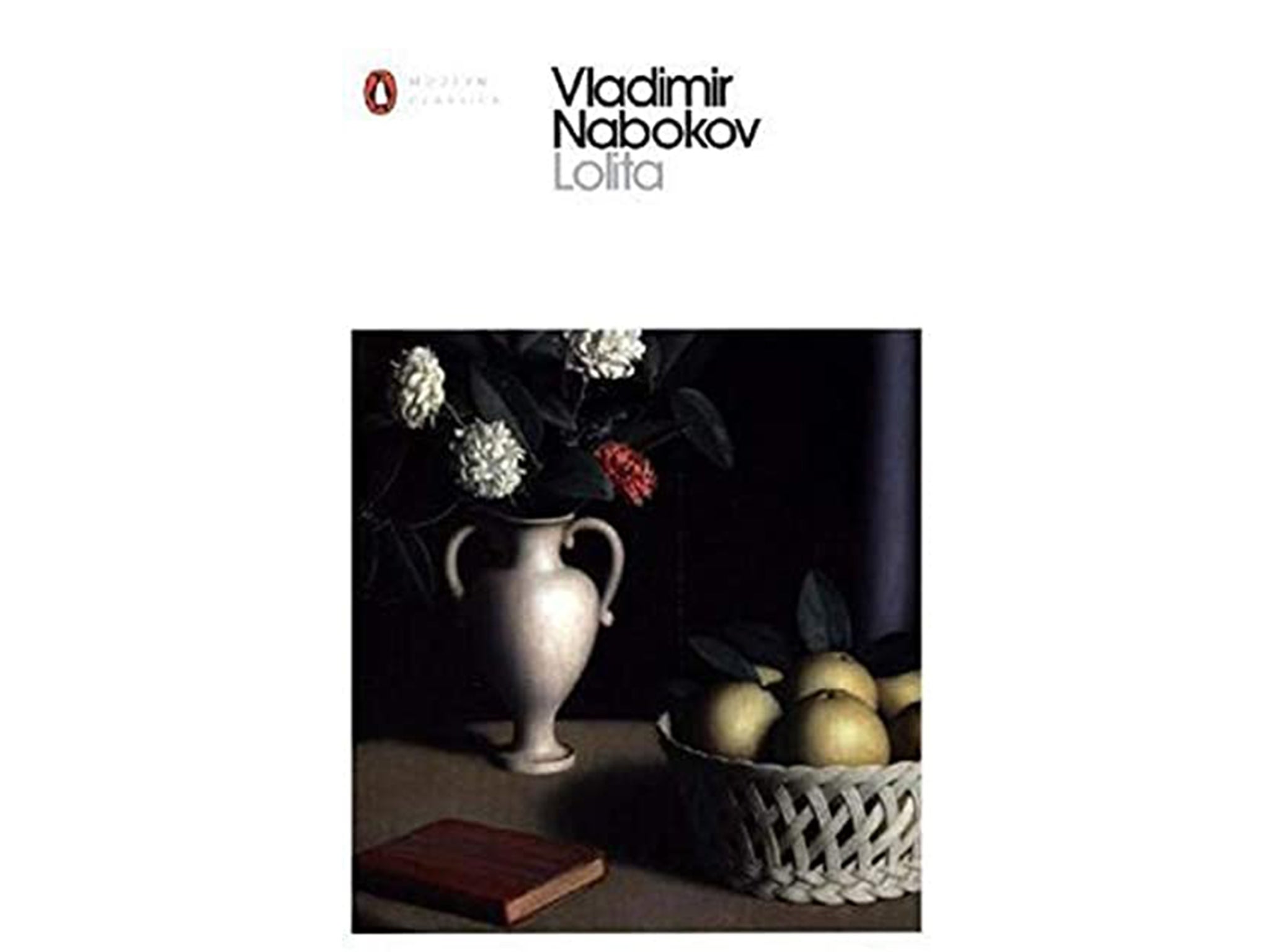
A controversial tale narrated by Humbert Humbert, a middle-aged professor who becomes obsessed with his 12-year-old stepdaughter Lolita, who he later kidnaps. Lolita the story of their life together over a five-year period. While Nabokov pushes the boundaries of what is deemed socially acceptable, from a literary perspective the prose is full of humour and rich, elaborate vocabulary. The book was the cause of both celebration and alarm when it was first published in 1955 and was banned in the UK until 1959, when it was lifted at the request of British publisher Weidenfeld and Nicolson.
'Boy’ by James Hanley, published by Penguin
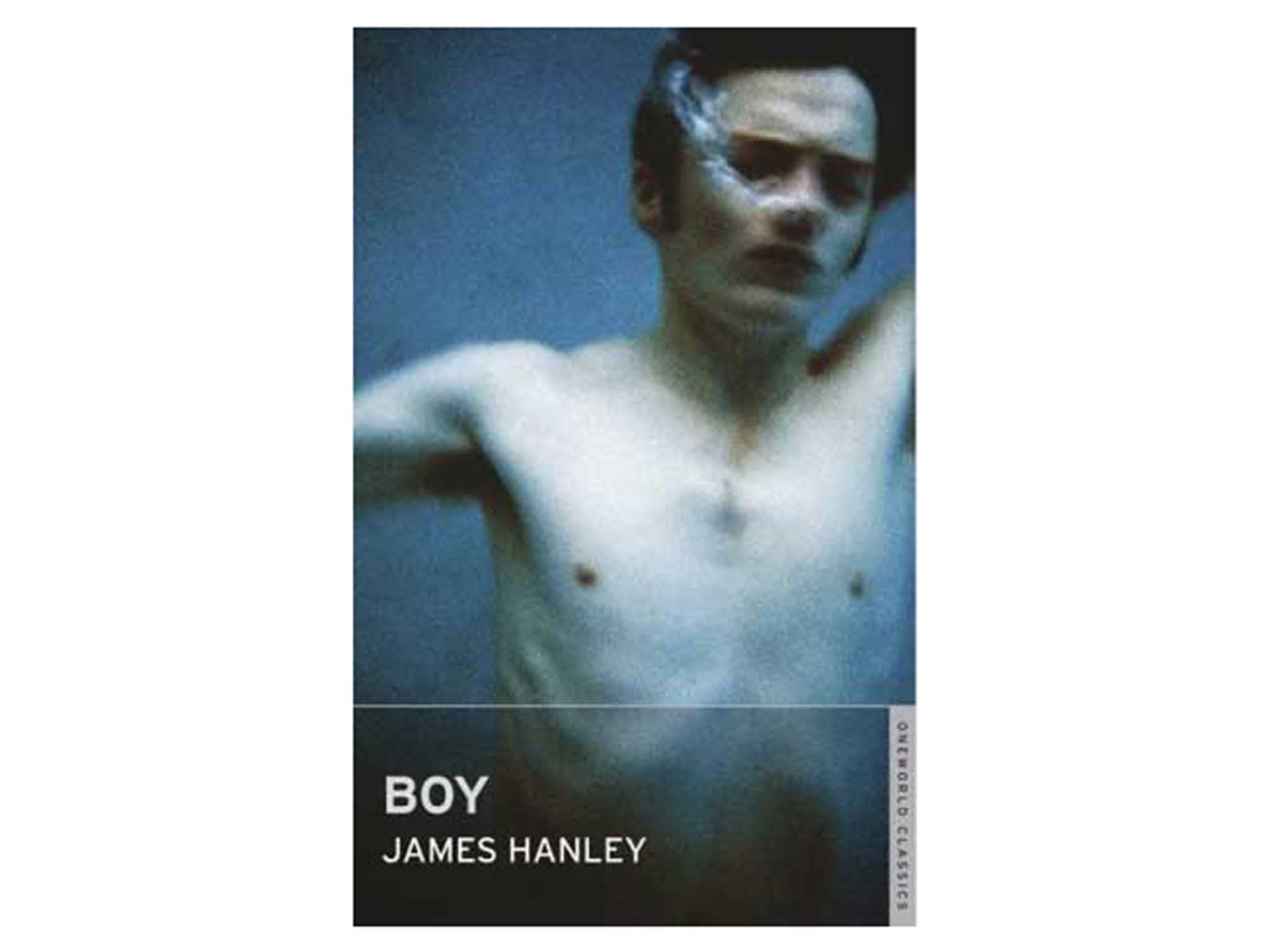
Hanley’s literary classic charts the short and brutish life of a boy who was unfairly neglected and forced out of school into the unforgiving world of work by his father. He escapes by running away to sea, but his exposure to the brutality that men are capable of only deepens his feelings of rejection. Narrated with unflinching language, it offers a visceral and acute observation of power imbalances. When Boy was initially published in the 1930s, it was prosecuted for obscenity owing to the overtly violent writing and remained banned from 1935 until 1991. When the new British edition appeared in the early Nineties, there were significant omissions.
While we wait for Lady Gaga and Adam Driver’s ‘House of Gucci’, read the book behind the movie
